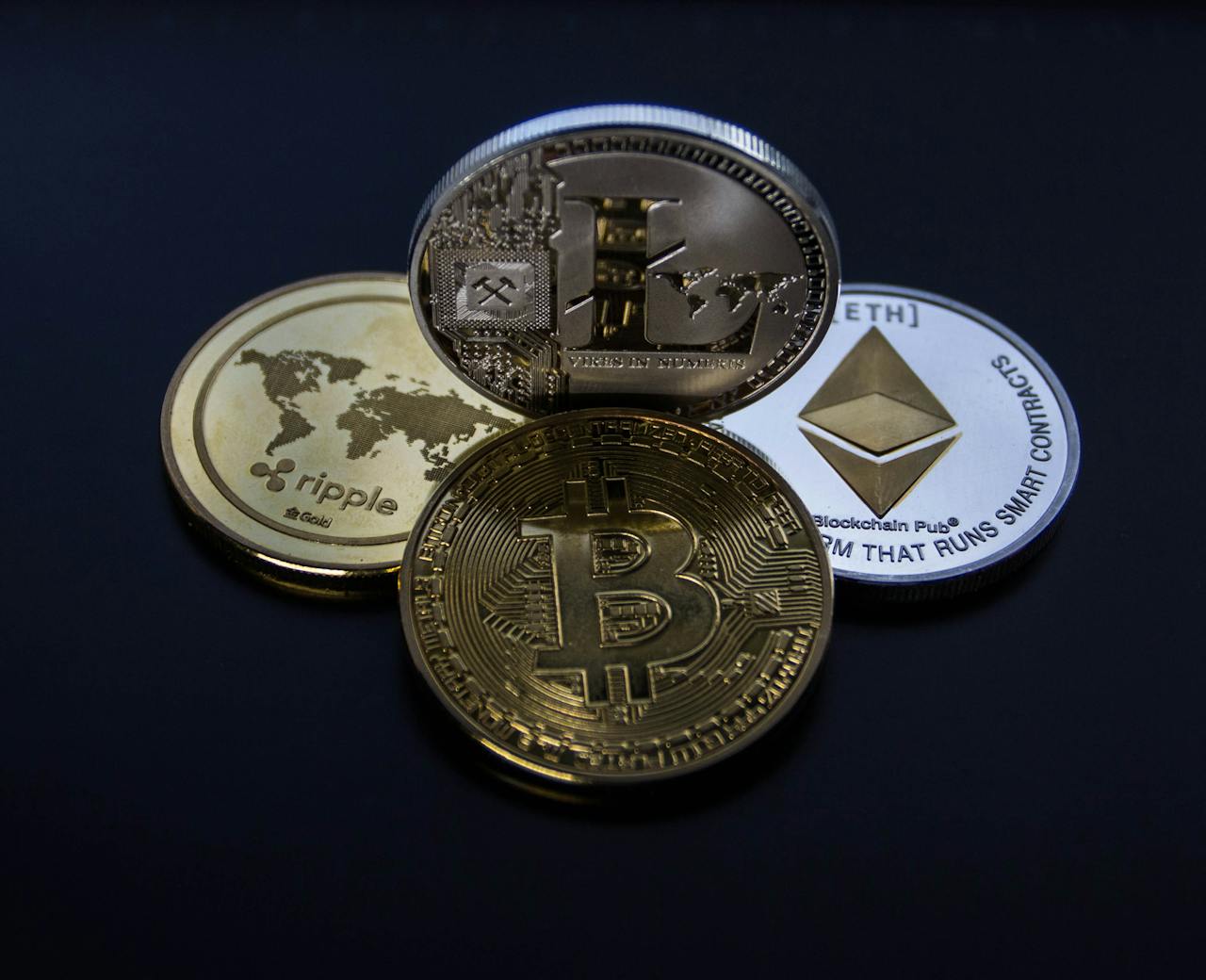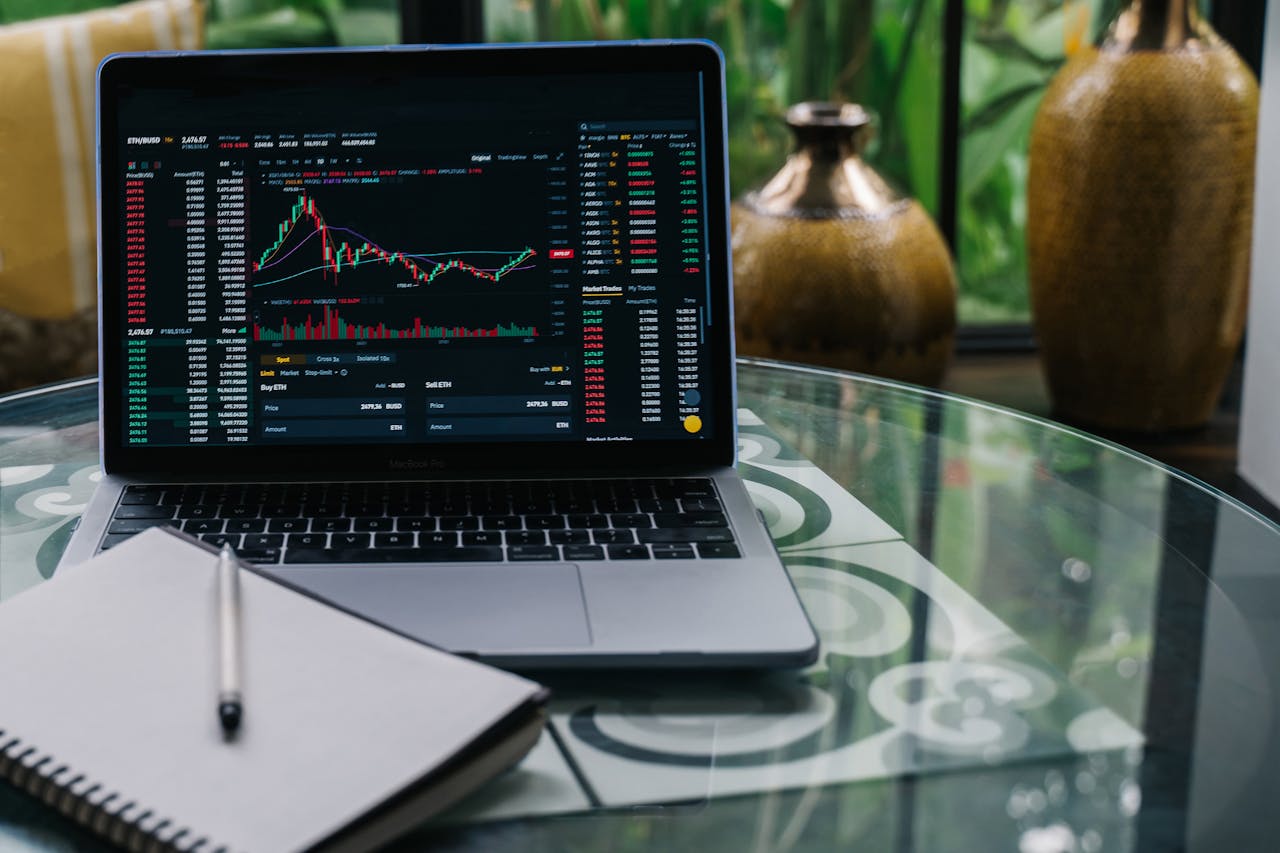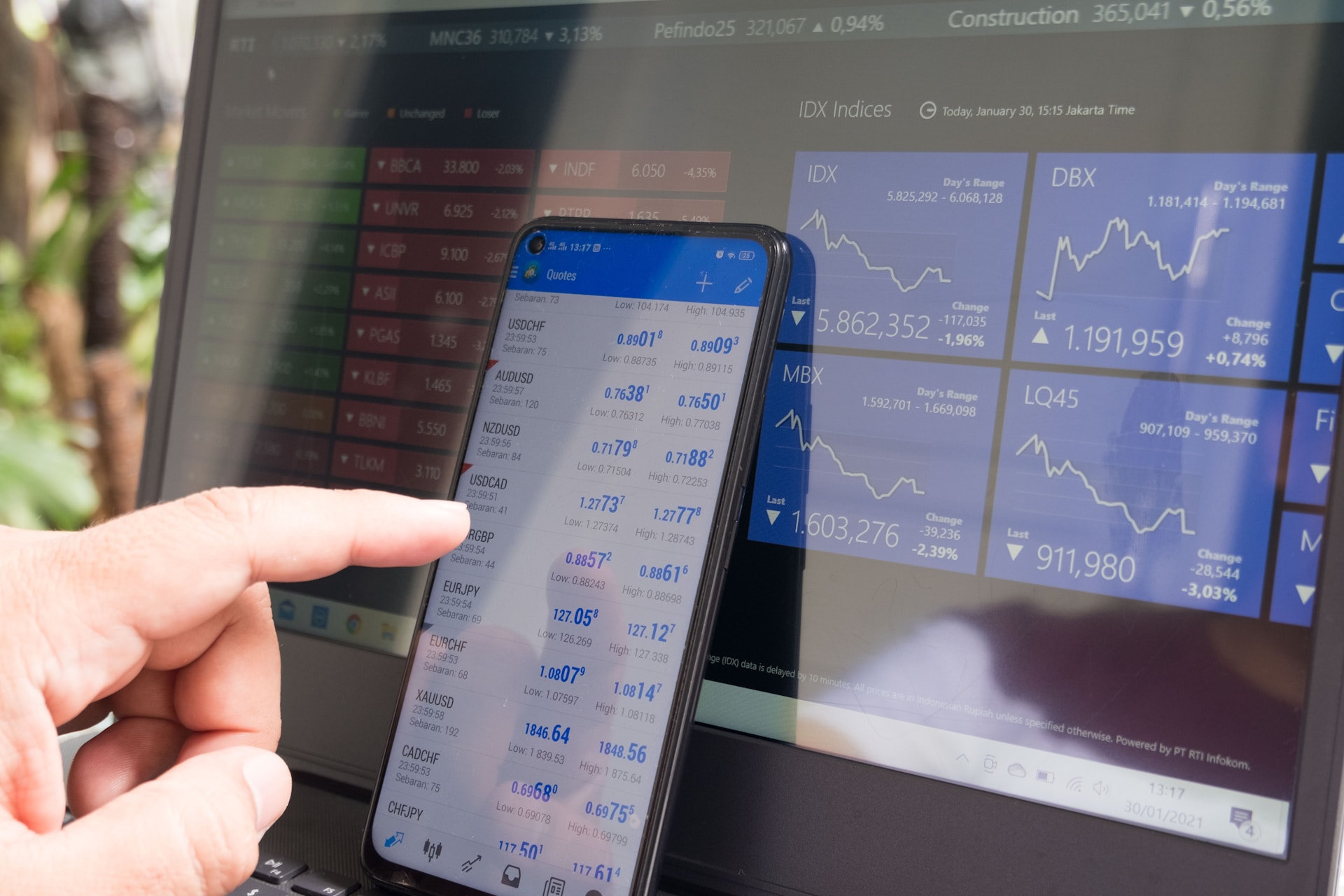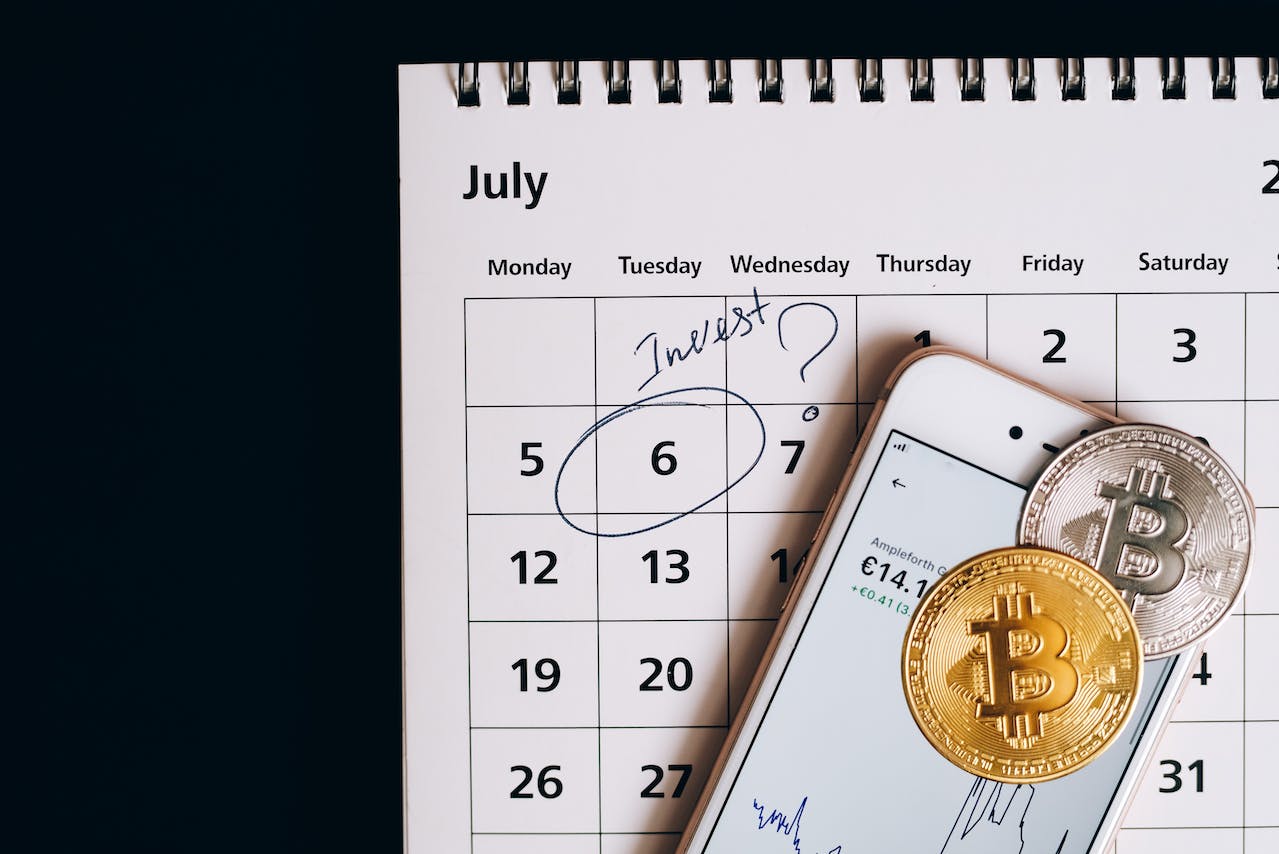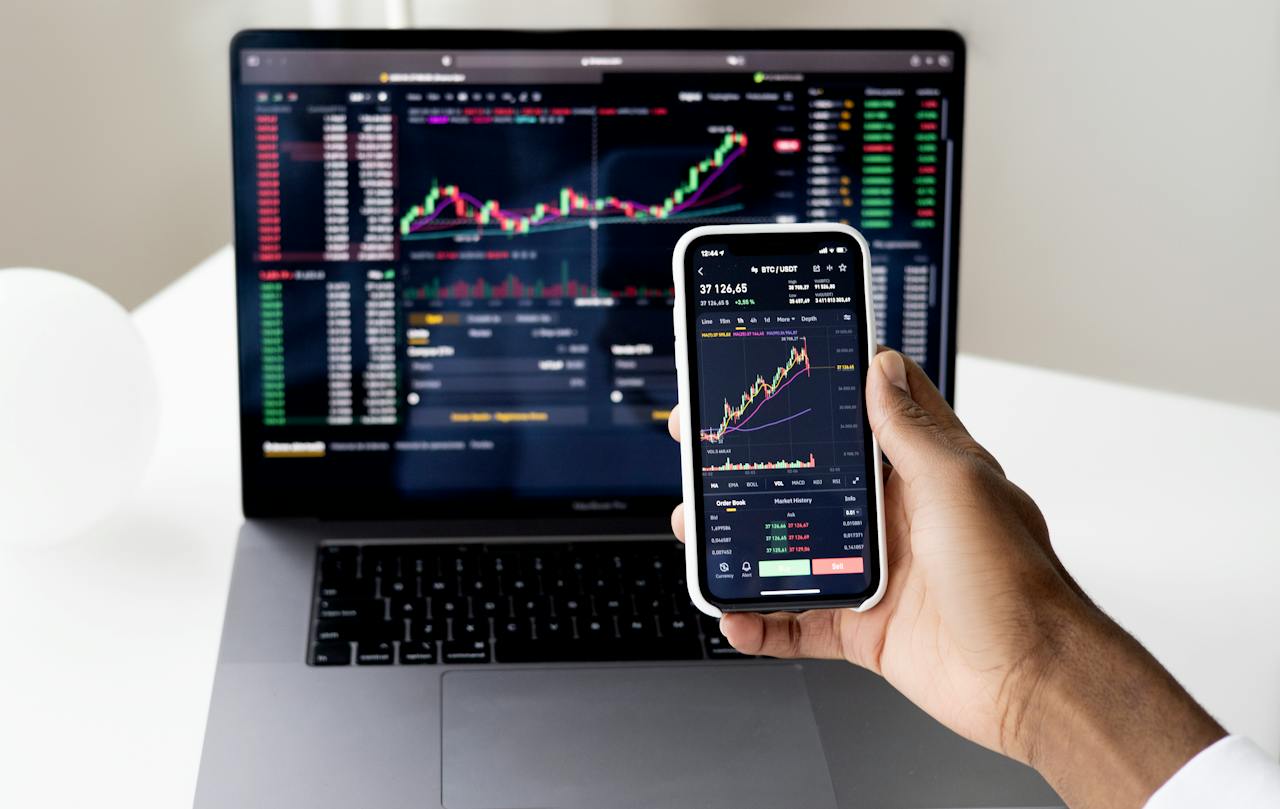
Introduction
Welcome to the fascinating realm of futures trading, where investors can speculate on the future price movements of various assets. In this comprehensive guide, we’ll unravel the concept of futures trading, shed light on the associated risks, and explore the potential rewards for those embarking on this financial adventure.
Understanding Futures Trading
Futures trading is a financial derivative that allows traders to speculate on the future price of an asset without actually owning it. Unlike traditional stock trading, where ownership is transferred, futures contracts are agreements to buy or sell an asset at a predetermined price on a specified future date.
Key Components of Futures Trading:
- Contracts: Futures are standardized contracts, specifying the quantity, quality, and delivery date of the underlying asset. These contracts are traded on organized exchanges, providing a transparent marketplace for buyers and sellers.
- Leverage: One of the distinctive features of futures trading is leverage. Traders can control a larger position with a relatively small amount of capital, amplifying both potential gains and losses.
- Long and Short Positions: Traders can take either a long position, betting on an increase in the asset’s price, or a short position, speculating on a price decline. This flexibility allows traders to profit in both rising and falling markets.
Risks Associated with Futures Trading:
- Leverage Risk: While leverage can magnify profits, it also increases the potential for significant losses. Novice traders should approach leverage cautiously and use risk management strategies.
- Market Risk: Futures prices are influenced by various factors, including economic indicators, geopolitical events, and market sentiment. Understanding these influences is crucial for effective decision-making.
- Margin Calls: Traders must maintain a minimum account balance (margin) to cover potential losses. If losses exceed the margin, a margin call may be issued, requiring additional funds to be deposited.
Potential Rewards of Futures Trading:
- Diversification: Futures trading allows investors to diversify their portfolios beyond traditional stocks and bonds, potentially enhancing overall risk-adjusted returns.
- Hedging: Commercial entities often use futures contracts to hedge against price fluctuations in commodities, currencies, or interest rates. Traders can benefit from this market by speculating on price movements.
- Speculative Profits: Skilled traders can profit from price movements in various markets, including commodities, currencies, and indices. With careful analysis and strategic planning, futures trading offers opportunities for speculative gains.
Getting Started in Futures Trading:
- Educate Yourself: Familiarize yourself with the basics of futures trading, including contract specifications, margin requirements, and market dynamics. Numerous online resources and courses are available for beginners.
- Choose a Reputable Broker: Select a reliable futures broker that provides a user-friendly platform, educational resources, and transparent fee structures.
- Start Small and Practice: Begin with a small investment and use demo accounts to practice trading strategies. Gain hands-on experience before committing significant capital.
Conclusion
Futures trading can be a rewarding endeavor for those willing to understand its nuances, manage risks effectively, and stay informed about market dynamics. By grasping the basics, embracing a disciplined approach, and continually learning, beginners can unlock the potential of futures trading and navigate the markets with confidence. Happy trading!









